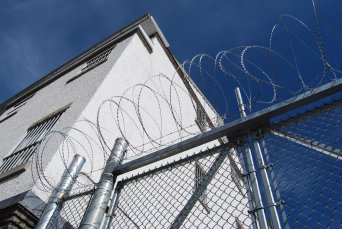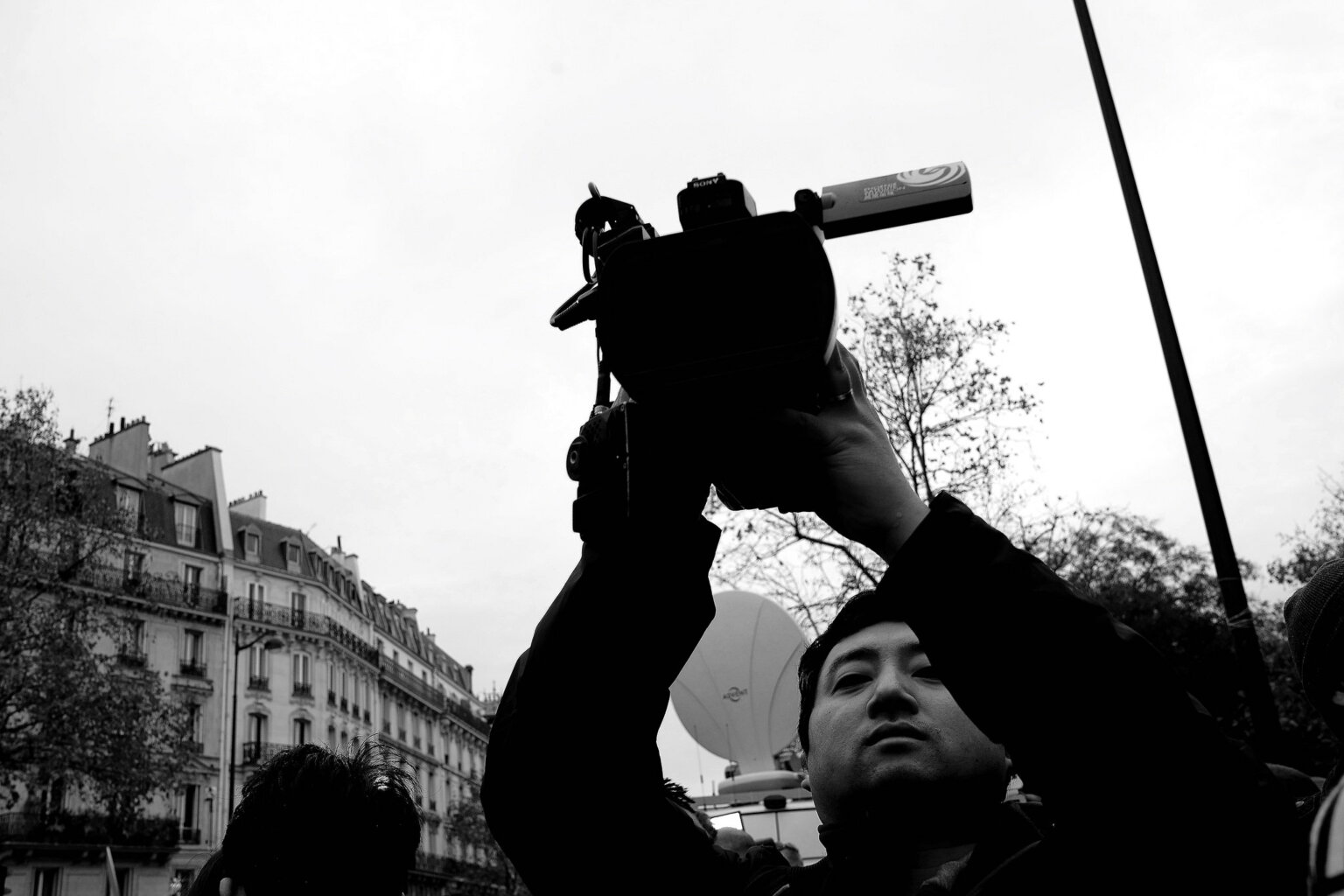- About
- Topics
- Story
- In-Depth
- Picks
- Opinion
- News
- Donate
- Signup for our newsletterOur Editors' Best Picks.Send
Read, Debate: Engage.
| topic: | Political violence |
|---|---|
| located: | Indonesia |
| editor: | Leo Galuh |
Indonesia has entered a new era of judiciary rulings after the country’s parliament repealed its Dutch criminal code, which has been in use for decades. The new penal code has attracted concern, both domestically and internationally, as some articles in the new laws threaten press freedom and other human rights.
Despite the mass protests leading up to the vote, the final draft of the penal code still contains anti-democratic articles that perpetuate corruption in Indonesia, silence press freedom, impede academic freedom, regulate society's private lives, discriminate against women and marginalised groups and threaten indigenous peoples' existence.
For example, Articles 218 to 220 state that the government can prosecute anyone who attacks the honour of the president or the vice president with a punishment of three years in prison. This blatantly limits the freedom of the press, preventing journalists from holding the highest members of power accountable for their deeds. Many people will consequently see time behind bars, according to Citra Referandum, a civil rights lawyer from the Jakarta Legal Aid Institute (LBH Jakarta).
“Expressing your opinion will be seen as an insult to the president, vice president and state institutions,” Referandum said.
Furthermore, Article 280 of penal code implied threats for lawyers and journalists working in the court’s public hearings. There is no clear explanation of the phrase “law enforcers,” giving this article the potential to criminalise advocates who oppose the authorities.
Similarly threatening civilian rights is Article 2, which recognises "any living law" in Indonesia - a statement that could be interpreted to include local Sharia regulations and customary criminal law.
There are hundreds of Sharia-inspired ordinances and other regulations in Indonesia that discriminate against women, religious minorities, and LGBTQ people. Because Indonesia has no official list of "living laws," this article could be used to prosecute people who violate these discriminatory regulations.
“This is a disaster created by humans. It becomes a weapon in the name of religion, in the name of morality,” said Andreas Harsono, a researcher with Human Rights Watch.
Meanwhile, as it has been reported widely, the Indonesian Minister of Law and Human Rights has said that the government and parliament will provide a three-year grace period to introduce the new law to law enforcers, universities, and the public.
However, the public still has a slight hope to overturn the regulation by filing objections to the Constitutional Court (MK) for a judicial review. The public may still unite to voice their opinions on the regulations that may be harmful to them. Patience will be needed since the judges’ decision could take months or years.
Photo by Larry Farr

